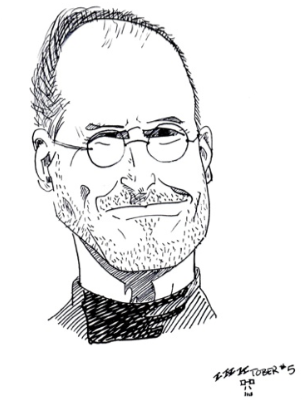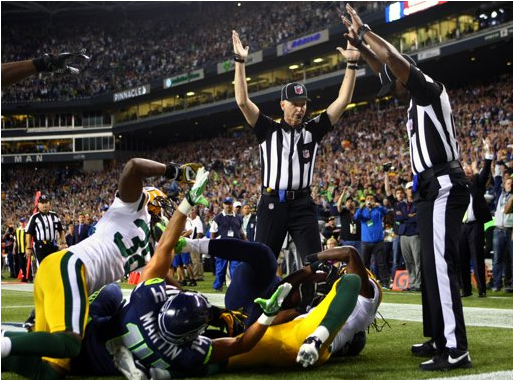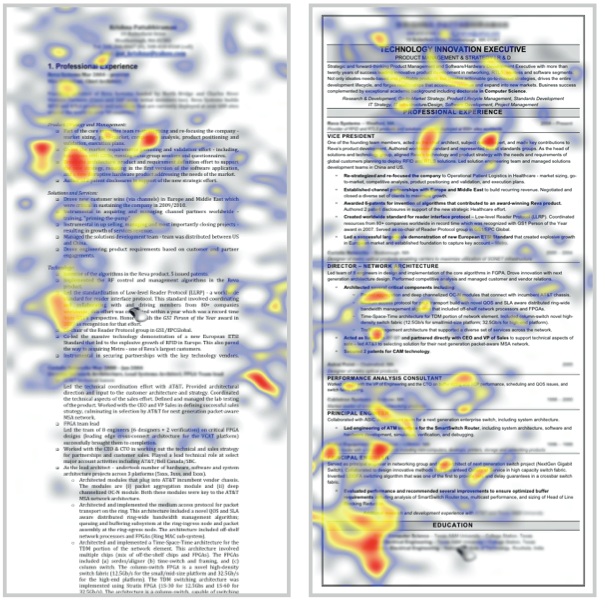Today's post is written by my friend Wes Johnson. Wes has been a Toastmaster since February 2011. He continues to sharpen his skills through participation in a weekly morning club in Tracy. He is chartering an evening club that meets in Manteca at 7 PM on the first and third Mondays of each month.
The newly unemployed have a few challenges before them.
- Process the loss of their job
- Identify any obstacles to re-employment
- Resolve or minimize these obstacles
- Develop personal networks
- Market your abilities
- Finally, ace the interview
Every day Matt has a blog post that covers one of these areas. Some of these challenges may take a little time to achieve. So, what are you going to do in the meantime?
I’m going to use the analogy of a precision cutting tool. A tool designed to cut material should be straight and sharp. If that tool is not kept sharp, it will eventually become dull and perceived as useless. Does that mean it’s useless? No, it’s a tool that could still be useful, if only someone would sharpen it and start using it again.
You are that tool. You need to ensure that your edge remains sharp. One aspect of employment is communication. No matter what your position was, communication will always be an important aspect of the job. Employers love employees or perspective employees who communicate well with all levels of staff as well as their customers.
So, how are you going to sharpen your communication skills? Let me share my story with you.
A few years ago, I found myself unemployed in the middle of the Great Recession. I felt like a tool that was left out in the rain; neglected, and without a place to stay sharp. I found a group to network with, which was nice, but I was still missing something. It seemed like there was no challenge or purpose in my life.
Fortunately, a networking connection introduced me to Toastmasters, a non-profit educational organization that was committed to helping people improve their communication and leadership skills. They help their members improve through constant practice and feedback.
From day one, I felt at home with the group. In the program you receive two project books. One book covers communication projects and the other book covers leadership projects. Each project is intended to teach or sharpen a skill. With each project completed, you receive an evaluation and suggestions for improvement.
Once you complete the basic projects, there are many other project books that focus on many different aspects of communication. (Speaking to Inform, Technical Presentations, Facilitating Discussions, Communicating on Video, Interpersonal Communication, etc.)
After I had been in the program for a few months, fellow members shared with me that they noticed a remarkable improvement in my listening and speaking skills. When your skills are sharp, you naturally have more confidence in yourself and your ability to communicate with others regardless of the situation.
Several months after joining Toastmasters, I was given a chance to interview for one of two open positions. It was not a one-on-one interview but a panel interview. The interview wasn’t easy, but all the practice and feedback I had received through Toastmasters prepared me to respond to their interview questions in a brief and organized manner. The day after the interview they offered me the position.
I know without a doubt that if it hadn’t been for Toastmasters, I would probably not have landed the job.
I will be a Toastmaster for life.
That’s a great story, but how will that help me in my situation?
The employers are looking for sharp and useful tools. They’re looking for someone with excellent communication skills. You need to be better than your competition. Train yourself for when the opportunity presents itself. The time to do it is now.
Toastmasters International helps the job-seeker practice/develop skills:
- Ability to think on your feet – Interviewing, Communication
- Leadership roles – Interpersonal Communication, Management
- Time management / Organization – Interviewing
- Networking – develop professional relationships
To find a club near you visit http://reports.toastmasters.org/findaclub/.
For more information, e-mail wesley.johnson@district39.org.













A job fair can be an effective way to meet hiring managers and recruiters in your community and learn about many job opportunities in one day. If you are prepared and use your time wisely, you can walk away with many strong job leads. Many job seekers make careless mistakes that can hurt their chances of success at a job fair. Here are 16 simple tips to make your next job fair a success.